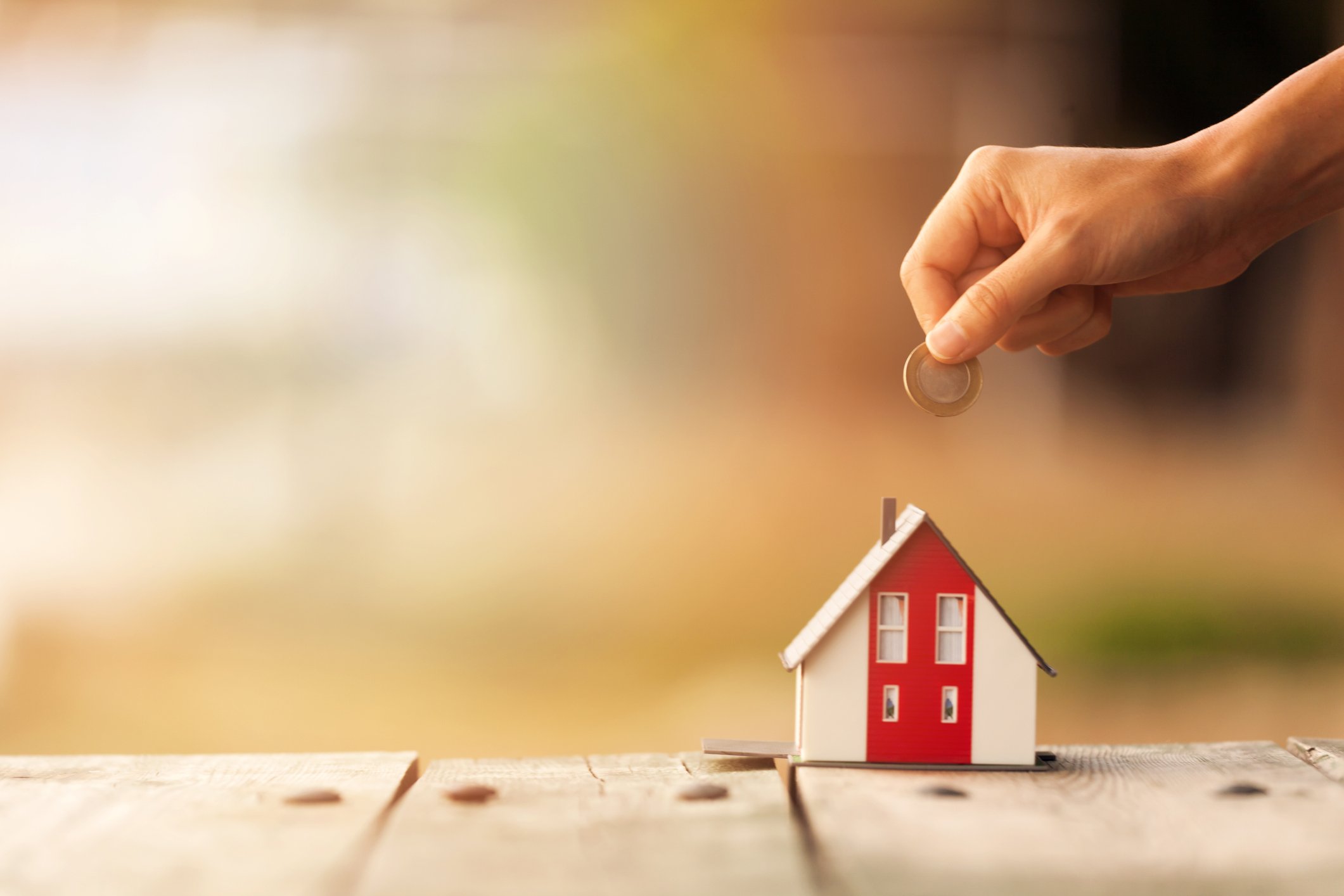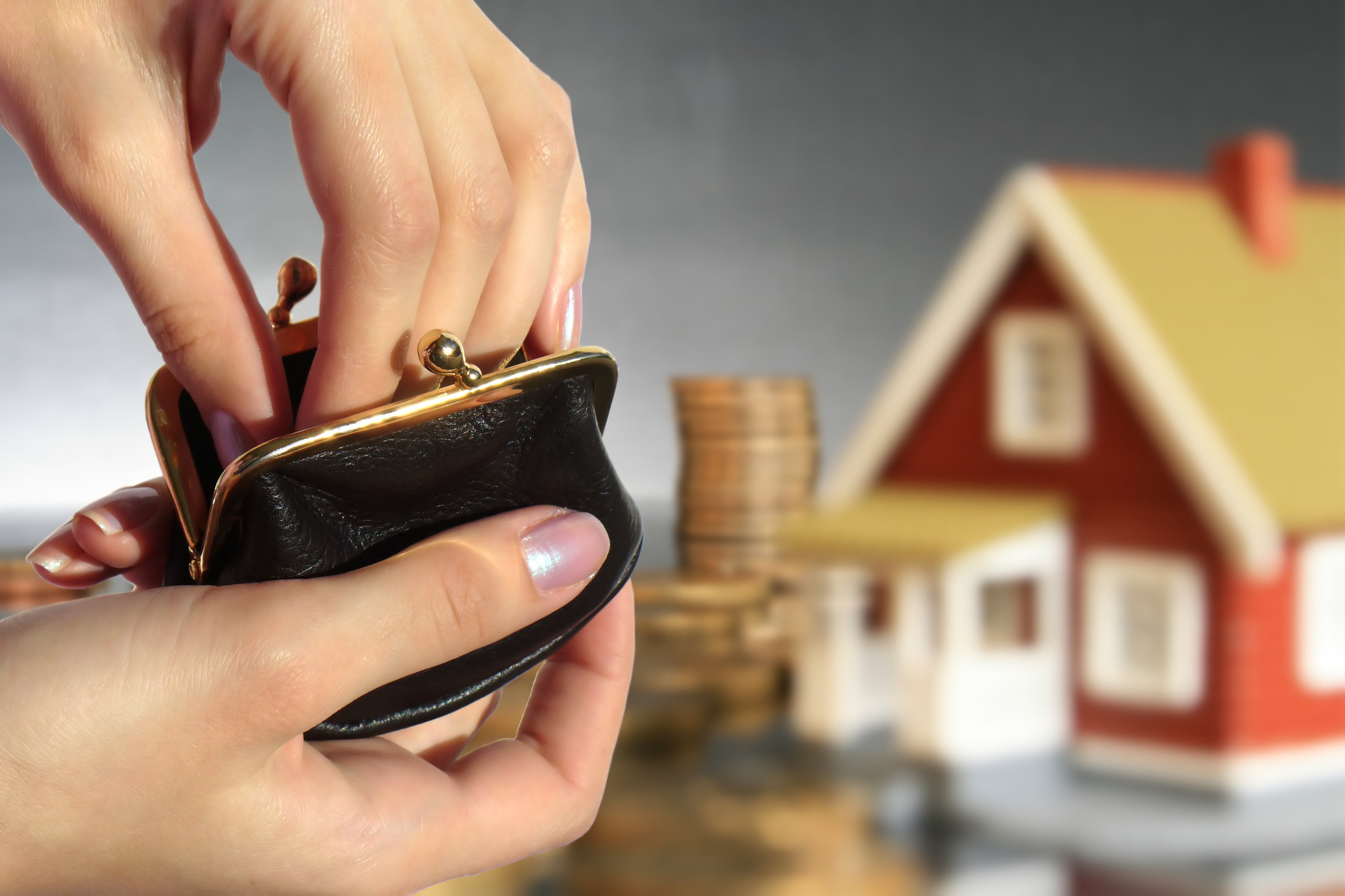 |
| Photo by Skitterphoto from Pexels |
If you think you need a million dollars in your bank account to buy property, you’re wrong. Well okay, it helps if you do; but there are other ways you can go about affording a property in Singapore:
You don’t need to have a million dollars right now to buy a house
The good thing about Singapore is that home loans are widely available, and have rock-bottom interest rates.
For example, to buy a flat with an HDB loan, the minimum down payment is 10 per cent. This 10 per cent can also be paid through your CPF.

To get a $450,000 flat, for example, you might only have to pay $45,000 out of your CPF Ordinary Account (CPF OA); the rest could be covered by the HDB loan.
For a private property, the down payment is 25 per cent. However, 20 per cent can be paid through your CPF OA, so you only need five per cent in cash. For example:
Say a condo costs $1.2 million. Your total down payment can be as low as $300,000. Of this $300,000, up to $240,000 can come from your CPF. The total you need in cash is just $60,000.
How can you save up enough to make these amounts?
Here are four basic strategies anyone can use:
1. Put money into a targeted investment plan
Due to the power of compounding interest, you can make a sufficient amount for the down payment faster than you think.
For example, consider an investment with returns of just about five per cent per annum. If you invest around $500 a month for 10 years, this will come to about $80,000. This is enough to make the down payment on a property that costs up to $1.6 million. If you start doing this at the age of 25 – while still diligently contributing to your CPF of course – you could have enough to afford a private property by 35.

The key, however, is to use a targeted investment plan. This means you need to pick an investment that will deliver a more or less consistent amount, and which matures close to the target date when you buy (e.g. “making more money” is not a targeted plan, but “making $60,000 in 10 years” counts).
A qualified financial advisor can help you with plans of this sort. One popular option is an endowment insurance policy; this has a guaranteed pay out after a certain number of years. It’s an effective way to meet your property down payment, if you start early.
2. Consider making voluntary CPF top-ups
You can use your CPF OA monies for the down payment of your property, as mentioned above. However, your CPF monies can also be used to pay stamp duties, and the monthly home loan (regardless of whether you buy private or HDB). Depending on the law firm you use, your CPF can also cover any conveyancing fees when buying property.
(On top of that, your CPF OA has a guaranteed interest rate of 2.5 per cent.)

One way to ensure you can afford a home is to voluntarily raise your CPF contributions. For example, instead of spending your year end bonus on luxuries, you can plan for the long term and put it in your CPF instead. This will ensure that, when the time comes, your CPF can cover a large part of your housing loan and down payment.
3. Maintain low debt before getting a home loan
When getting a home loan, your are subject to the Total Debt Servicing Ratio (TDSR) limit. Under the TDSR, your total debt obligations (inclusive of personal loans, car loans, and your soon-to-be home loan) are capped at 60 per cent of your monthly income.
For example, if your household income is $10,000 per month, you total loan repayments cannot rise to more than $6,000, when you take a home loan. Otherwise, you’ll be forced to borrow less for your house.

Due to the TDSR, it’s important for aspiring home owners to keep debts low. Some key methods here include:
Also, note that having too much debt can worsen your credit score. This can cause the bank to lend you less, thus making your home less affordable.
*For credit cards and loans with variable repayment, the minimum monthly repayment is used when calculating your TDSR.
4. Build an emergency fund of six months of your expenses
Set aside 20 per cent of your monthly income as savings, until you have accumulated six months of expenses. Building this emergency fund is an important step to owning property.
This is because, if something goes wrong financially (e.g. you fall ill and cannot work), you can still manage to pay the mortgage for six months. This will give you time to recover, find a new job, etc.

As a very last resort, six months will give your property agent sufficient time to find a buyer, and sell the property at a fair price (if you need to sell the property in a rush, you’ll probably get a lower price).
If you start saving and investing when you’re younger, Singapore property can be surprisingly affordable
You may have read many magazine articles about how Singapore is the world’s most expensive property market. But actually, these reports refer to foreign investors and buyers; for these people, Singapore property is indeed expensive, as it entails a 20 per cent tax called the ABSD.
But the ABSD is much lower for Singapore Permanent Residents, and it’s non-existent for Singaporeans buying their first property. As such, it’s not impossible for Singaporeans as young as 30 to own private properties.
7 months ago · 6 min read · Source: 99.co (18 Dec 2019)
